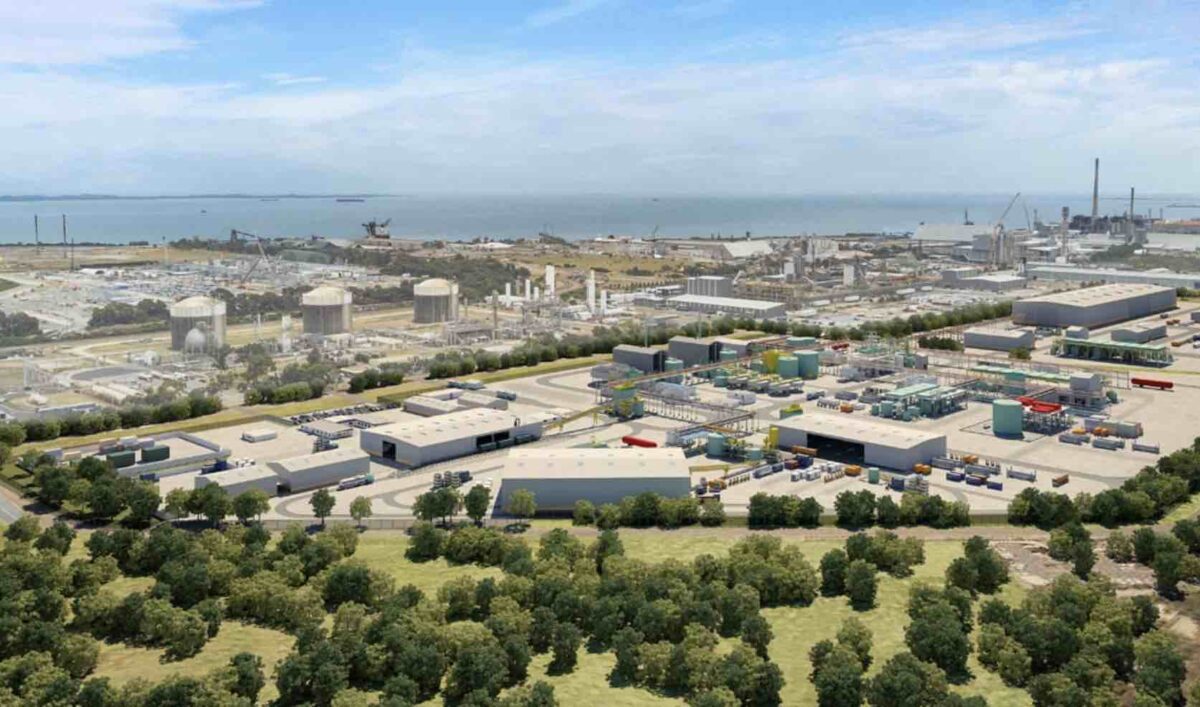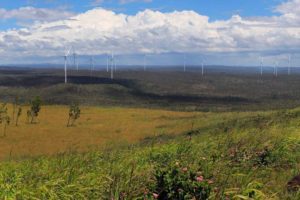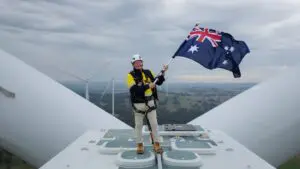Iron ore billionaire Andrew Forrest has deepened his partnership with listed minerals play IGO with a plan to create a new nickel refinery and a major play in the emerging battery metals sector
Wyloo, a private company in Forrest’s vast portfolio, is looking to build a plant with IGO that would be the first in Australia to deliver commercial production of nickel dominant precursor cathode active material (PCAM), a high value and essential part of the battery supply chain.
Forrest is keen to work with IGO because it has developed its own “disruptive” low cost and low-carbon nickel refining technology and PCAM production processes. Wyloo has also made a $765 million takeover bid for nickel miner Mincor to boost its own supply chain.
Wyloo and IGO said on Friday they have secured about 30 hectares of land in the Kwinana-Rockingham Strategic Industrial Area south of Perth to build the new facility. It will be located next to the lithium hydroxide refinery owned by Tianqi Lithium Energy, in which IGO is a joint venture partner.
A final investment decision will not be made until a feasibility study is complete in mid-2024, and will be subject to those findings.
Still, Wyloo and IGO say they are already advancing discussions with an unnamed global battery chemical manufacturer and say it is important Australia plays a role in the battery supply chain beyond mining raw minerals.
“We believe the area where Australia can be most competitive is in mid-stream battery chemical processing,” said IGO acting CEO Matt Dusci.
“We strongly believe … we will deliver a fully optimised nickel supply chain delivering low-cost, low-carbon, responsibly produced battery chemicals for the global battery and electric vehicle industry, to be delivered through an integrated battery material facility here in Western Australia.”
The CEO of Wyloo, Luca Giacovazzi, said Western Australia holds some of the world’s highest-grade nickel, and there is huge potential for more discoveries to be made.
“WA is already a leading supplier of critical minerals, and this is the spark it needs to become a global hub for battery metals,” he said.
“There’s a huge opportunity to grow the industry and Western Australian jobs by supporting the world’s transition to electric vehicles.”
The same battery metals are also needed for stationary storage to support the switch of the world’s electricity grids from fossil fuel generation to wind and solar, but most of it is currently provided by China and other Asian countries.
Wyloo and IGO says the Kwinana plant will support the development of “sovereign battery chemical processing capabilities in Western Australia.
“IGO believes that shifting the current supply chain dynamics and producing battery chemicals, and specifically precursor cathode active material, is the optimal battery chemical that will have significant financial and carbon footprint advantages than comparable production processes,” the statement said.
“It will also enable Australia to create greater critical battery metal security and support the building of improved national capability across the battery supply chain.”










